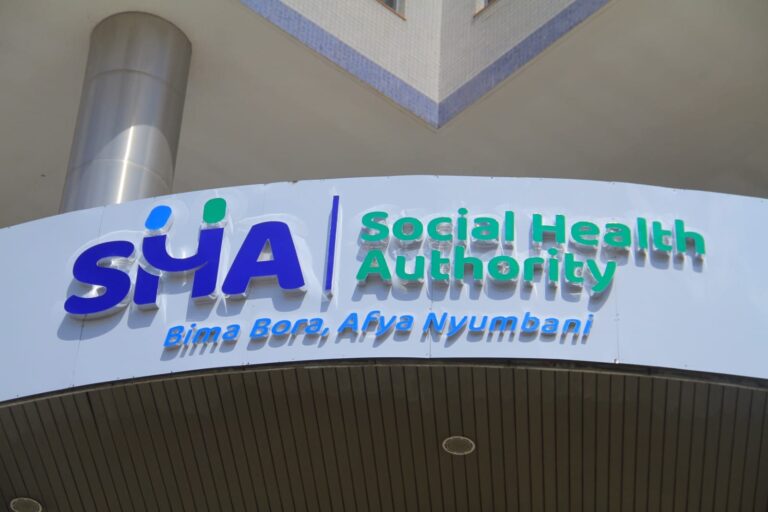Kenya’s public service is on the verge of a major healthcare transformation as both teachers and police officers prepare to transition from private insurance providers to the state-run Social Health Authority (SHA). While the government hails this as a step toward universal healthcare, the move has sparked mixed reactions.
For teachers, the end of the Minet contract means uncertainty. Under SHA, contributions and benefits are expected to align with national health policies. However, unions worry that services might deteriorate due to bureaucratic inefficiencies and delayed reimbursements to hospitals.
Police officers, who also rely heavily on private medical networks, face similar fears. Health providers warn that cutting credit lines could lead to service disruptions, leaving thousands without immediate access to treatment.
Experts say the transition’s success depends on how well SHA integrates with existing systems. “If the government can ensure timely payment and quality control, SHA could work. But if delays persist, it will hurt both health workers and beneficiaries,” said health policy analyst Dr. Mercy Njenga.
Despite criticism, the Ministry of Health insists the reform is crucial for cost efficiency and equity in public healthcare spending. The government plans to phase in the transition gradually, beginning with the education and security sectors.
For now, teachers are demanding transparency. Without clear communication on the SHA framework, the promise of universal health coverage risks turning into a crisis of confidence.






